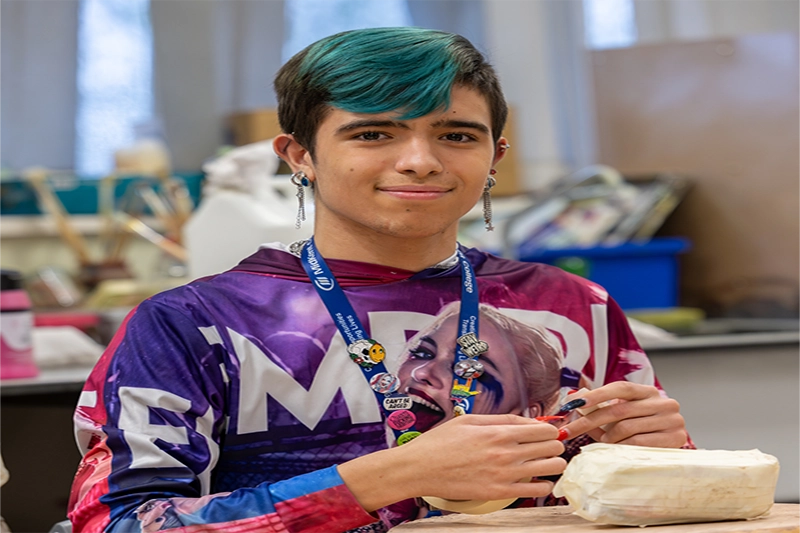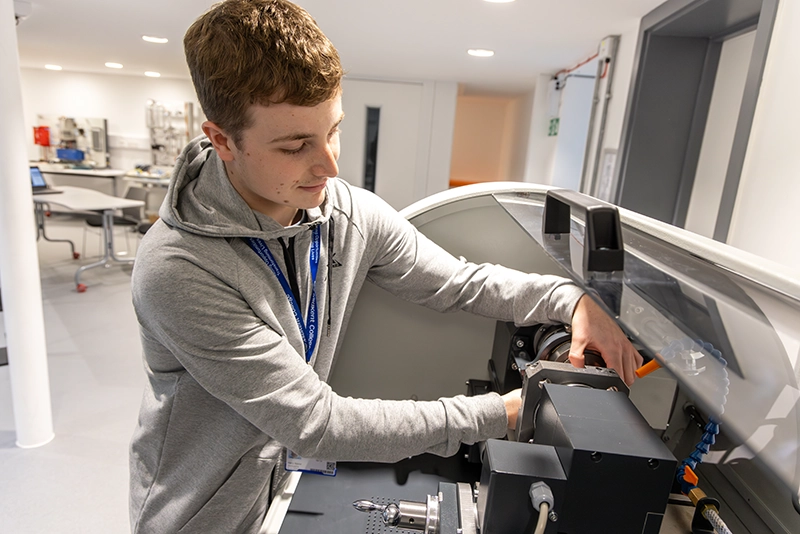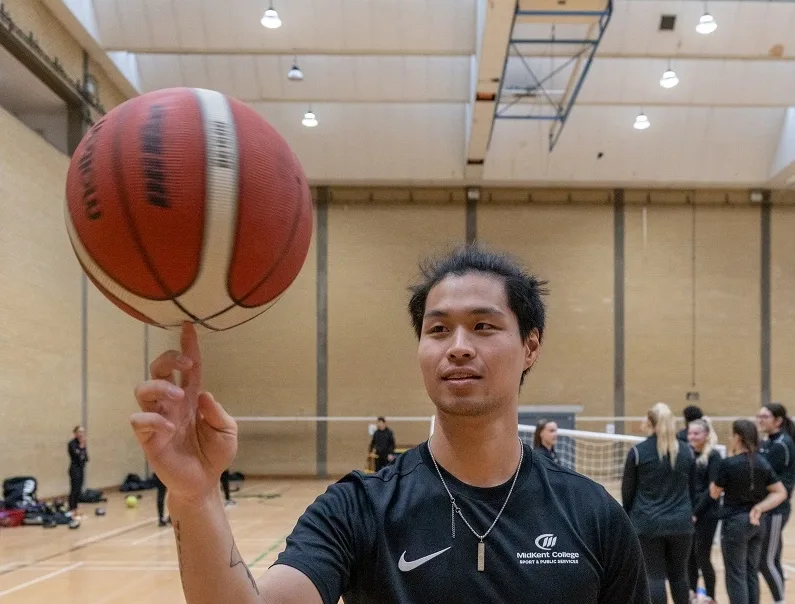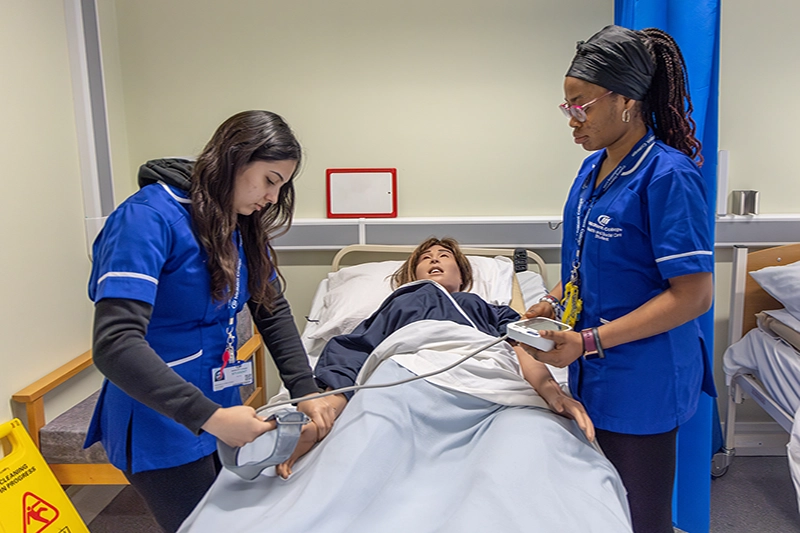- Courses
- Courses
- Subject areas
- Subject areas
- A Levels
- Access to Higher Education
- Animal Management
- Applied Science
- Art & Graphic Design
- Beauty Therapy
- Bricklaying
- Business, HR & Accounting
- Carpentry & Joinery
- Computing & ICT
- Construction
- Creative Media
- Courses for jobs (Adults)
- Electrical Installation
- Engineering
- ESOL
- Foundation Education
- Hairdressing
- Health & Childcare
- Home Energy Centre
- Hospitality & Catering
- Institute of Technology
- Medway School of Arts
- Motor Mechanics
- Multi-Trades
- Music Production & Performance
- Online Learning
- Painting & Decorating
- Performing Arts
- Plumbing, Heating & Gas
- Public Services
- Sport, Fitness & Leisure
- Sustainable Construction Skills
- Teacher Training & Education
- Travel, Tourism & Aviation
- University level & professional courses
- Which course is for me?
- T Levels
- How to apply
- Study programmes
- Level 3 free courses for jobs
- Adult college courses
- Testimonials
- Apprenticeships
- Apprenticeships
- Apprenticeship vacancies
- Accountancy apprenticeships
- Business administration apprenticeships
- Construction trade apprenticeships
- Construction & civil engineering management apprenticeships
- Customer service apprenticeships
- Engineering apprenticeships
- Mechanic apprenticeships
- Apprenticeship Reforms & the Apprenticeship Levy
- Employer information
- Employers
- Help & advice
- News & events
- About us
- About us
- Maidstone Campus
- Medway Campus
- University Centre Maidstone
- MKC Training
- Jobs at MidKent College
- Term dates
- Leadership
- Governance
- Equality & diversity
- Strategic priorities
- Partner network
- Policy and privacy information
- Ofsted Reports
- Alumni
- Contact us
- Alumni

At MidKent College, student wellbeing is central to everything we do. We recognise that success at college is not only about academic achievement. It is also about feeling safe, supported, and confident in yourself and your surroundings.

Further education (FE) colleges hold a unique position within the communities they serve. Not only do they provide essential education and training opportunities, but they are also major employers, landowners, and public institutions that shape local identity.

Exams are over, summer is here, and you’ve got your offer to start at MidKent College in September! You’ve earned a break, so definitely take some time to chill. But if you want to hit the ground running in September, here are a few easy things you can do this summer to make sure you’re ready for day one.

Civil engineering is a career that helps shape the world around us. From the roads we drive on to the bridges we cross, civil engineers are responsible for designing, building, and maintaining the infrastructure that supports our daily lives.

Are you passionate about sport and fitness? Do you dream of turning your energy and love for the game into a real career? At MidKent College, our Sports courses are the perfect way to get started.

Thinking about studying Health and Social Care? Great choice! This course opens the door to lots of rewarding careers where you can make a real difference in people’s lives.

